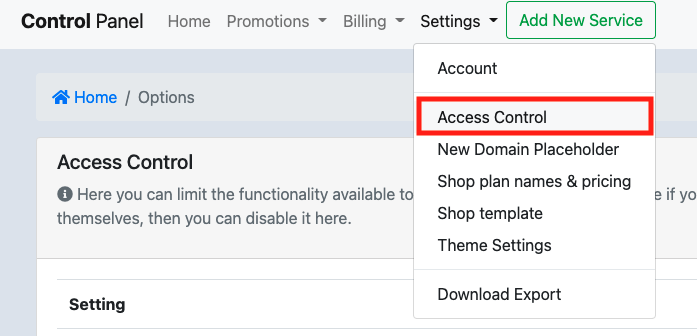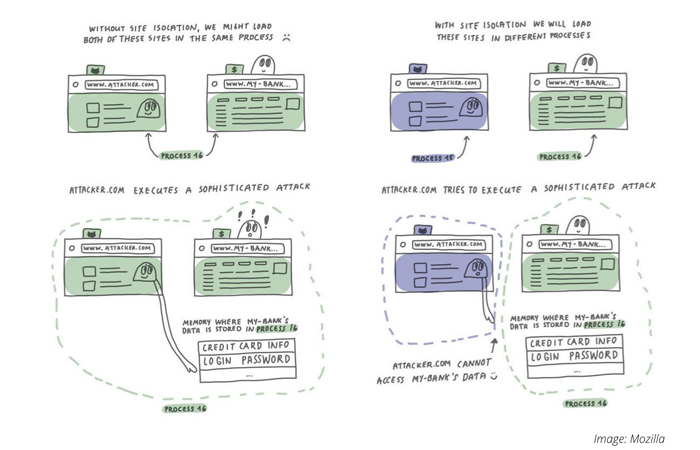Over the years Google has tried to hide full URLs in Chrome’s address bar, despite the public backlash that came after every attempt, Google is pressing on with new plans to hide all parts of web addresses except the domain name.
To test this, you have to download and install the Canary channel from the official Google website, and type ‘chrome://flags/’ in the address bar. The version of Canary channel is 85.0.4173.0 at the time of writing.
Next, enter ‘Omnibox UI Hide Steady-State URL Path, Query, and Ref’ in the search field, change the state of the function that came out from ‘Default’ to ‘Enabled’ and click ‘Relaunch’ And restart your browser.
In addition, the developer of the browser Chromium Livvie Lin said in a design document earlier this year ”Showing the full URL may detract from the parts of the URL that are more important to making a security decision on a webpage”
The full URL is important and Chrome should instead opt for lighter colors, instead of hiding the path completely.
Source: androidpolice.com











